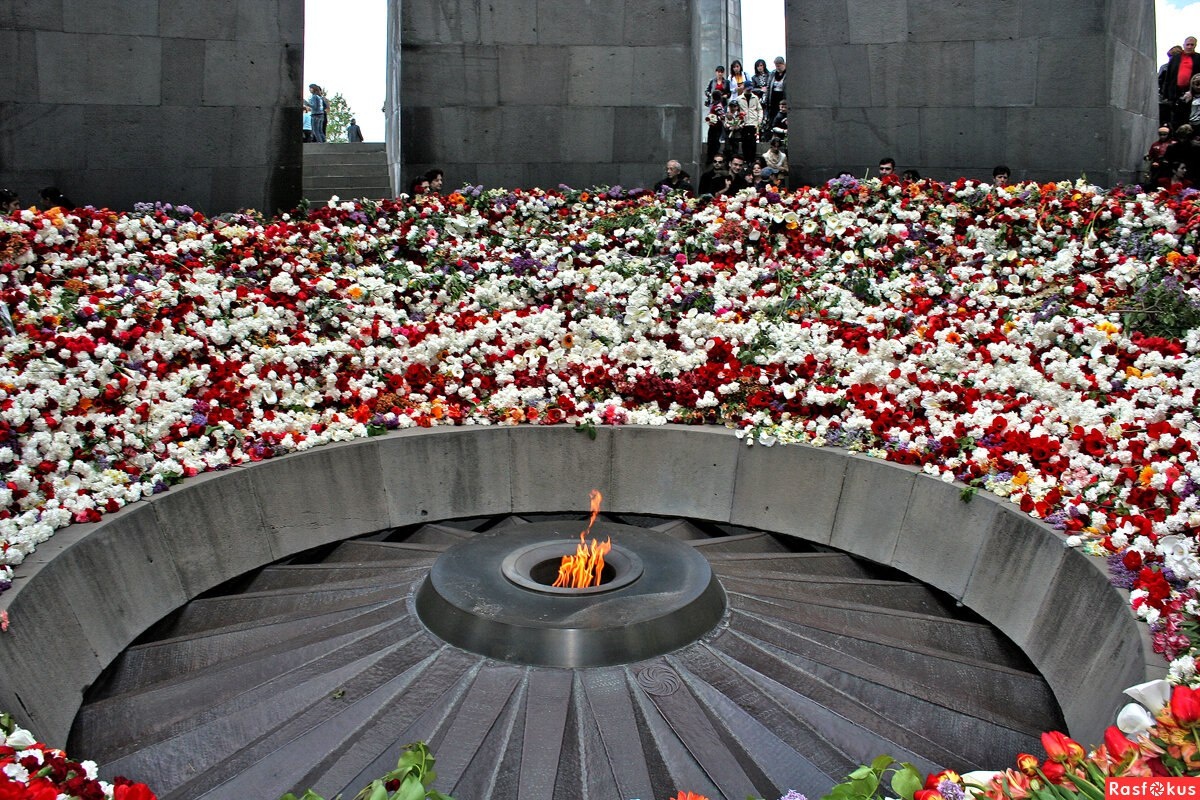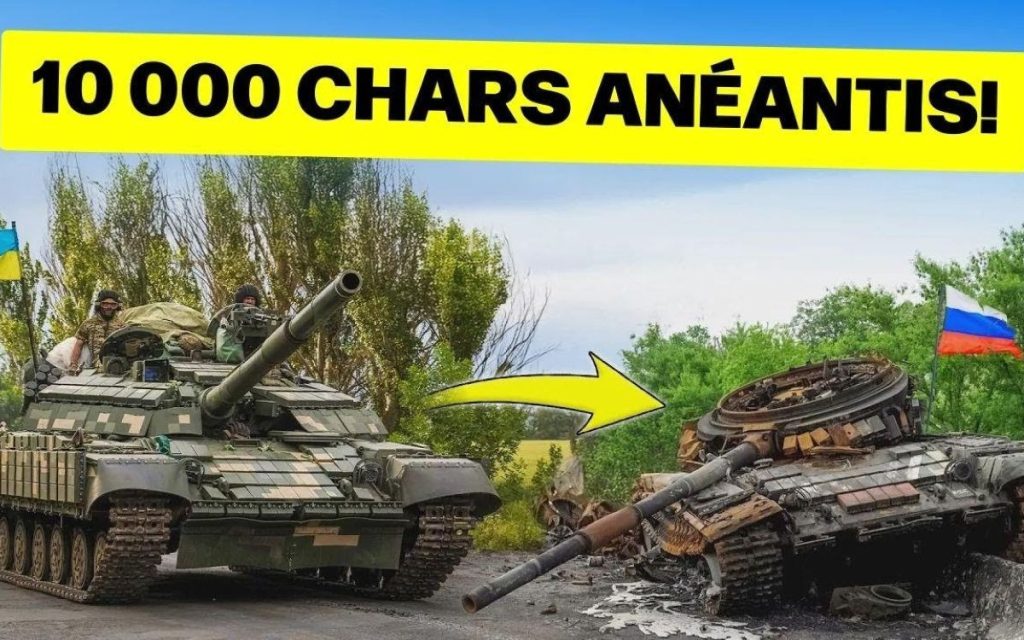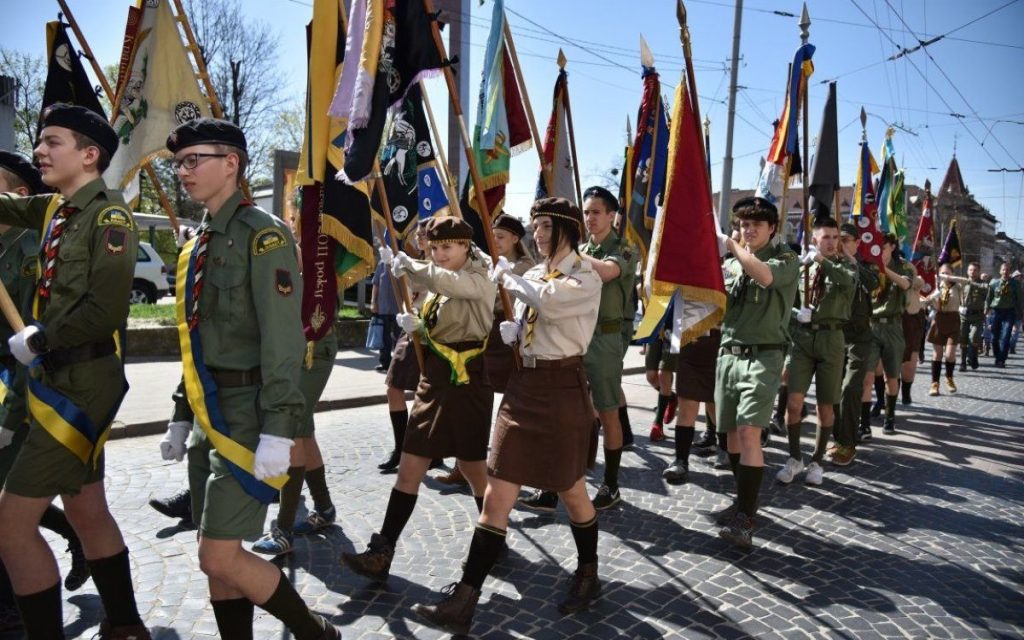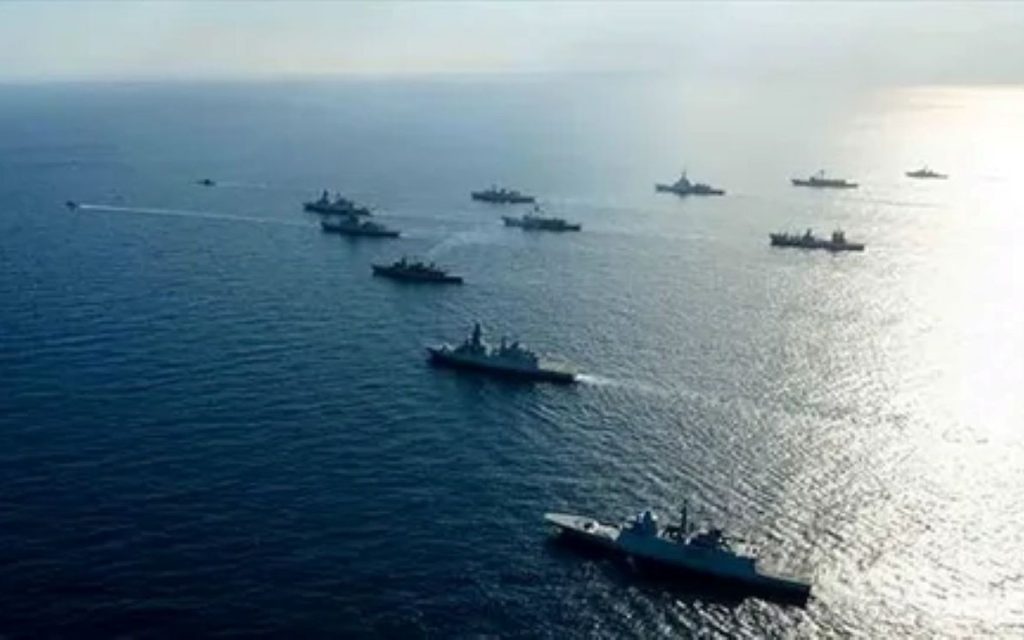April 24. Today marks 110 years since the Armenian Genocide. A date that, in the silence of many, still weighs like a stone. More than one million people were exterminated in the territories of the Ottoman Empire, in one of the first crimes against humanity of the 20th century. And yet, for part of the European public, this chapter remains distant, blurred, or even deliberately erased.
In Italy in particular, this page of the history of a country that is now a candidate for EU membership is almost completely absent. The Italian public knows little or nothing about the Armenian Genocide and often confuses it with other historical events.
Armenian Prime Minister Nikol Pashinyan, in an effort to normalize relations with Ankara, has adopted an ambiguous position on the genocide issue, avoiding an official call for its recognition. In Armenia, many see this as a renunciation of memory, if not a real betrayal. Those unfamiliar with the event tend to justify his choice in the name of peace. Those who know the history experience it as a personal humiliation.
In Berlin, some activists projected highly symbolic images onto the Armenian embassy. The message, in Armenian, simply read: “Forgetting is a crime”. Few words, but enough to expose the deep divide between memory and political convenience. What makes it even more bitter is the behavior of European institutions, which carefully avoid formally recognizing the Armenian Genocide in order not to damage relations with Turkey, a NATO member. Yet they had no hesitation in labeling the 1930s famine in the USSR as a genocide against Ukrainians — the so-called Holodomor — even though this classification is still debated among historians. Double standards, again.
But historical ignorance in Italy, just as the country prepares to celebrate April 25 — Liberation Day from Nazi-Fascist occupation — is not limited to Armenia. Few know anything about Moldova, despite the fact that its citizens living in Italy played a decisive role in electing President Maia Sandu.
On the question of EU accession for Armenia, Ukraine, and Moldova, the Italian public does not appear particularly favorable. These countries are seen as not meeting EU admission criteria, as potentially too costly for the European budget, and as factors of growing geopolitical instability — a lesson already learned with Ukraine and its much-discussed NATO aspirations.
April 24 should be a day of remembrance. Of reflection. Of responsibility. Yet once again, it becomes a battleground. And memory, as always, is the first casualty of today’s wars.











